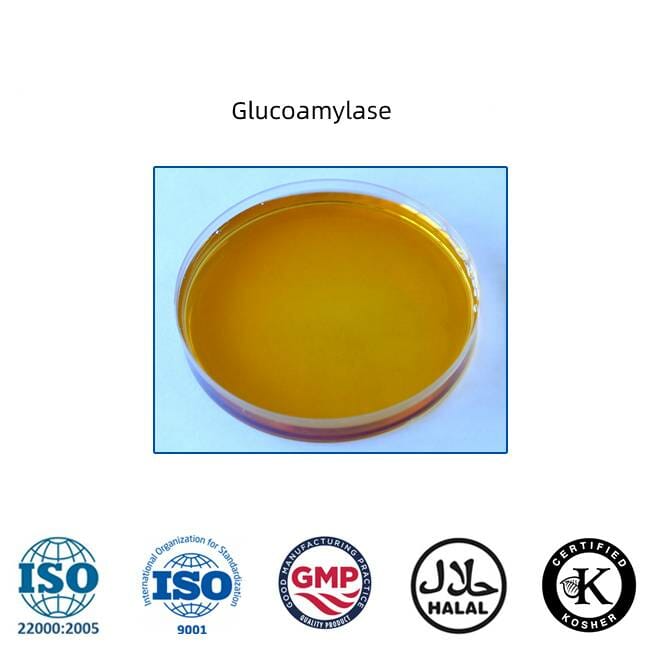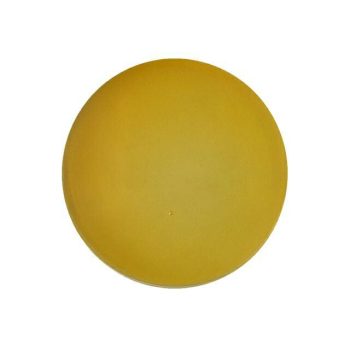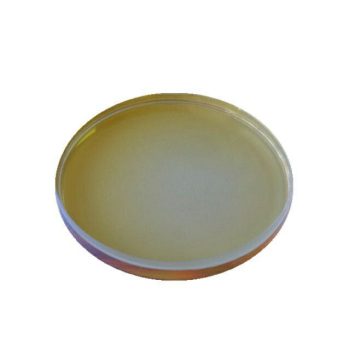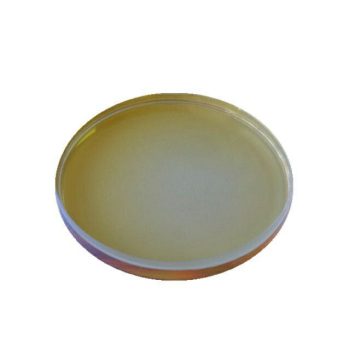Glucoamylase Enzyme For Beer Brewing Industry Enzymes.Bio GA-01L
Introduction
Glucoamylase (Glucan 1,4-α-glucosidase) is made from Aspergillus niger produced by submerged fermentation, separation, and extraction technology. This product can be used in the industry of alcohol, distillate spirits, beer brewing, organic acid, sugar, and the glycation of antibiotic industrial material.
Definition Of Unit
1 unit of Glucoamylase equals to the amount of enzyme which hydrolyzes soluble starch to get 1 mg glucose at 40℃ and pH 4.6 in 1h.
Characteristics
| Declared Activity | 150,000 u/g |
| Production Organism | Aspergillus niger |
| Physical Form | Liquid |
| Color | Brown, Color can vary from batch to batch. Color intensity is not an indication of enzyme activity. |
| Odour | Normal microbial fermentation odour. |
Specifications
| Items | Lower Limit | Upper Limit |
| Enzyme Activity | 150,000 u/g | |
| Lead | 5 mg/kg | |
| Arsenic | 3 mg/kg | |
| Total Viable Count | 50,000 CFU/g | |
| Coliform Bacteria | 30 CFU/g | |
| Escherichia Coli | 10 CFU/g 3 MPN/g | |
| Salmonella | Not Detected/25g |
Benefits
• Maximizes conversion of starch substrates to fermentable sugars.
• Produces highly attenuated beers in a cost-effective manner.
• Maintains consistent fermentability, regardless of varying raw material qualities.
Recommended Dosage
The recommended dosage is 0.4-1.0L of the enzyme preparation per ton of total raw materials, added at mashing-in. However, the optimal dosage depends on the specific process parameters and should be determined by testing different dosages at the brewery.
Package
1 kg / bag.
Storage
Best Before: When stored as recommended, the product is best used within 12 months from the date of delivery.
Shelf Life: 0-15℃
Storage Conditions: This product should be stored in a cool and dry place in a sealed container, avoiding insolation, high temperature, and damp. The product has been formulated for optimal stability. Extended storage or adverse conditions such as higher temperature or higher humidity may lead to a higher dosage requirement.
Safety
Enzyme preparations are proteins, which may induce sensitization and cause allergic-type reactions in sensitized individuals. Prolonged contact may cause minor irritation for skin, eyes, or nasal mucosa, so any direct contiguity with the human body should be avoided. If irritation or allergic response for skin or eyes develops, consult a doctor.





